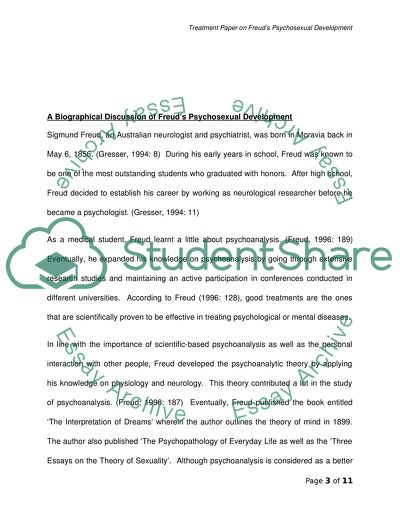Cite this document
(“Treatment paper on Freuds Psychosexual Development Essay”, n.d.)
Retrieved from https://studentshare.org/miscellaneous/1544892-treatment-paper-on-freuds-psychosexual-development
Retrieved from https://studentshare.org/miscellaneous/1544892-treatment-paper-on-freuds-psychosexual-development
(Treatment Paper on Freuds Psychosexual Development Essay)
https://studentshare.org/miscellaneous/1544892-treatment-paper-on-freuds-psychosexual-development.
https://studentshare.org/miscellaneous/1544892-treatment-paper-on-freuds-psychosexual-development.
“Treatment Paper on Freuds Psychosexual Development Essay”, n.d. https://studentshare.org/miscellaneous/1544892-treatment-paper-on-freuds-psychosexual-development.


